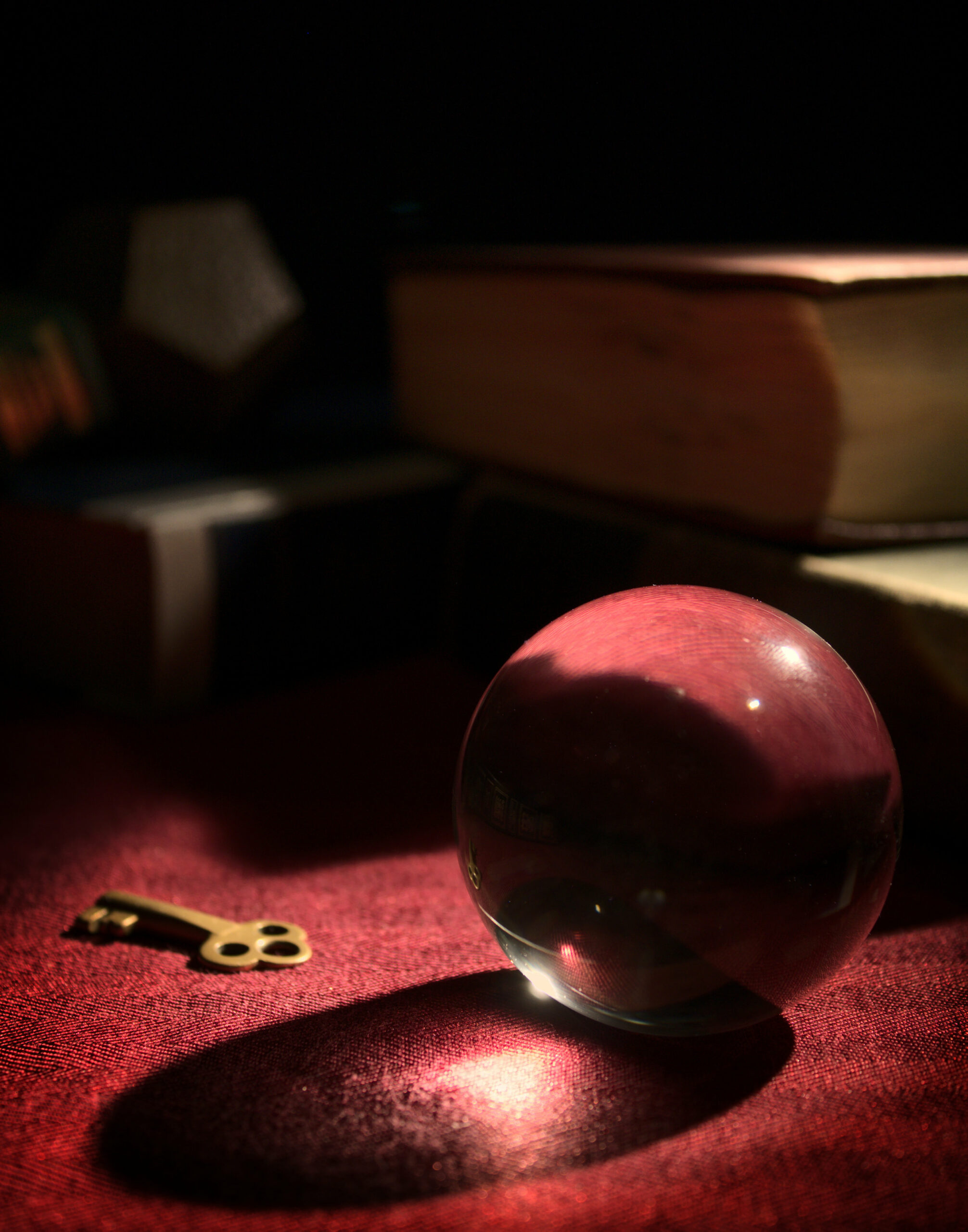Did Freud really wish he had studied the occult instead of psychoanalysis?
Many authors quote Freud as saying “If I had my life to live over again I should devote myself to psychical research rather than to psychoanalysis.” However, Freud did not exactly say this, and was not as ardent a supporter of the occult as some would like to believe. And do we really need him to be? Do we even want colonial, materialist science to incorporate the occult?



